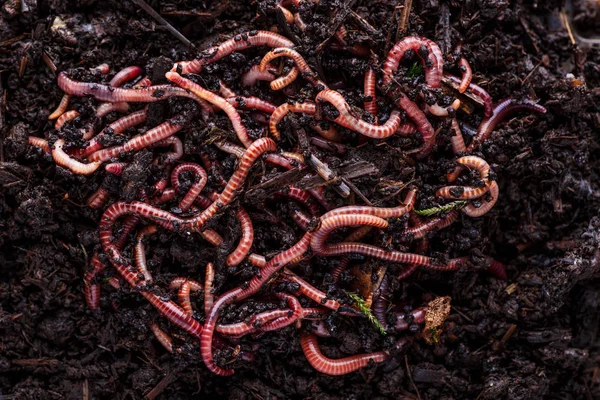Earthworms play a crucial role in improving soil health and promoting plant growth. Here are some reasons why they are beneficial for your plants and soil.
- Soil Aeration
- Nutrient Cycling
- Moisture Regulation
- Microbial Activity
Soil Aeration:
Earthworms create burrows as they move through the soil, which improves soil aeration. These burrows allow air to circulate within the soil, preventing compaction and ensuring that plant roots receive oxygen. Well-aerated soil allows for adequate root development and nutrient absorption.
Nutrient Cycling:
Earthworms consume organic matter such as dead plant material, decaying leaves, and other organic matter present inside the soil. As they digest this material, it passes through their digestive system and is excreted as castings, also known as worm castings or vermicompost. These castings are rich in nutrients, including nitrogen, phosphorus, potassium, and other micronutrients which are essential for plant growth. The castings act as natural fertilizers, enriching the soil and making nutrients more readily available to plants.
Moisture Regulation:
Earthworm burrows create channels in the soil that allow water to penetrate deeply into the ground. This process helps prevent waterlogging, improves drainage, and reduces the risk of soil compaction. Earthworms also help regulate soil moisture by consuming excess organic matter, which can hold excess moisture, and releasing it as castings that retain moisture while allowing the excess water to drain away.
Microbial Activity:
Earthworms increase microbial activity in the soil through their digestive processes. They break down organic matter, providing food for beneficial bacteria and fungi. These microorganisms play a vital role in decomposing organic matter, releasing nutrients, and enhancing nutrient availability for plants. The presence of earthworms stimulates microbial diversity and activity, creating a healthy soil ecosystem.
Overall, earthworms contribute to the overall fertility, structure, and health of the soil, leading to improved plant growth and productivity. Encouraging earthworm populations can be beneficial for gardening, agriculture, and overall environmental sustainability.
How to Maintain a Healthy Soil Ecosystem?
There are many ways of maintaining a healthy soil ecosystem at home such as:
- Using compost and organic matter
- Minimizing chemical inputs
- Implementing companion planting
- Providing habitat diversity
- Mulching your garden
- Conserving water wisely
- Avoid compacting your soil
- Preserving natural habitats
By implementing these practices, you can create a thriving garden ecosystem that supports soil biodiversity, promotes plant health, and enhances the overall sustainability of your home garden.
Boost your Soils Biodiversity with EcoWhizz!
Our Organic Fertilizer and Natural NPK Fertilizer provides many benefits to the biodiversity of your soil and in turn creates the ideal environment for healthy plants.
For only R350.00 including delivery, our fertilizer combo makes 100 Litres of fertilizer and can cover up to 1000m2.
*For larger quantities or areas please contact us.
Shop directly from our store, or contact us today to place your order!



